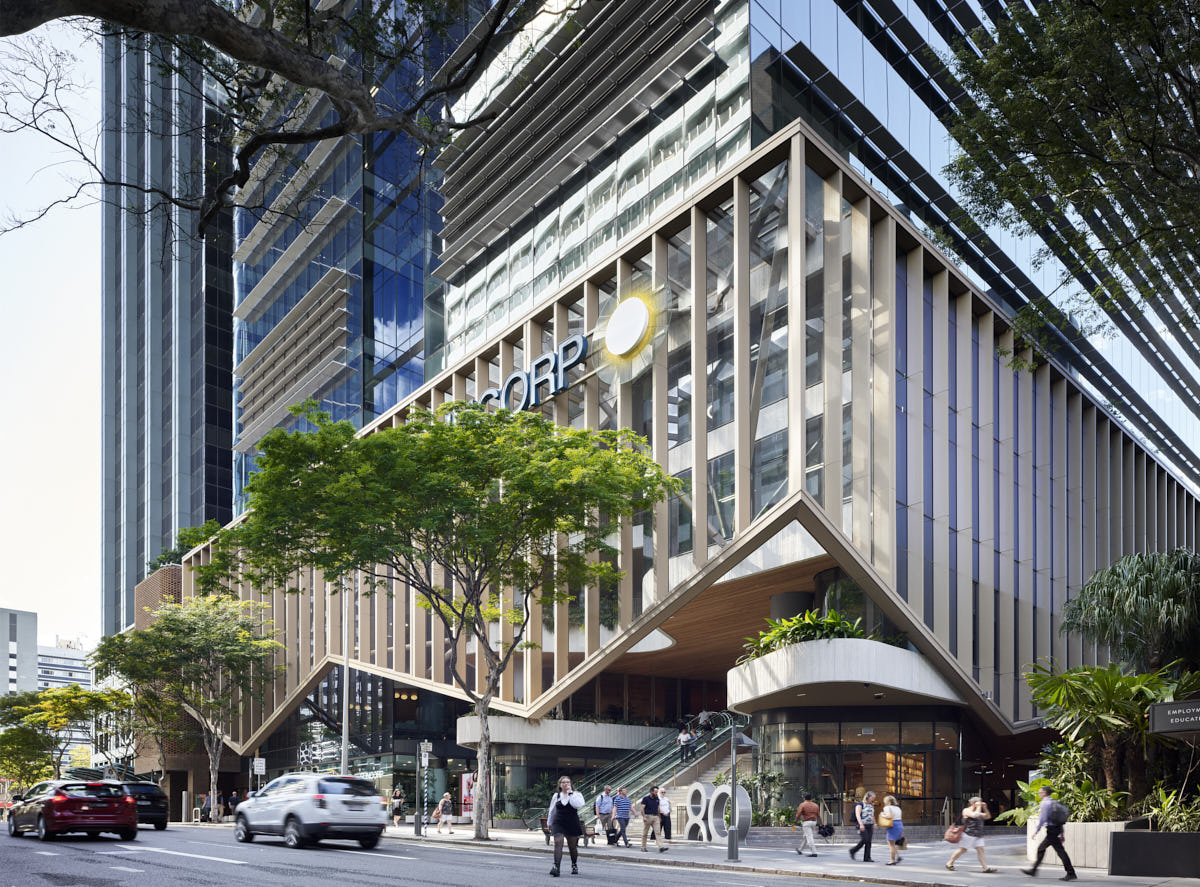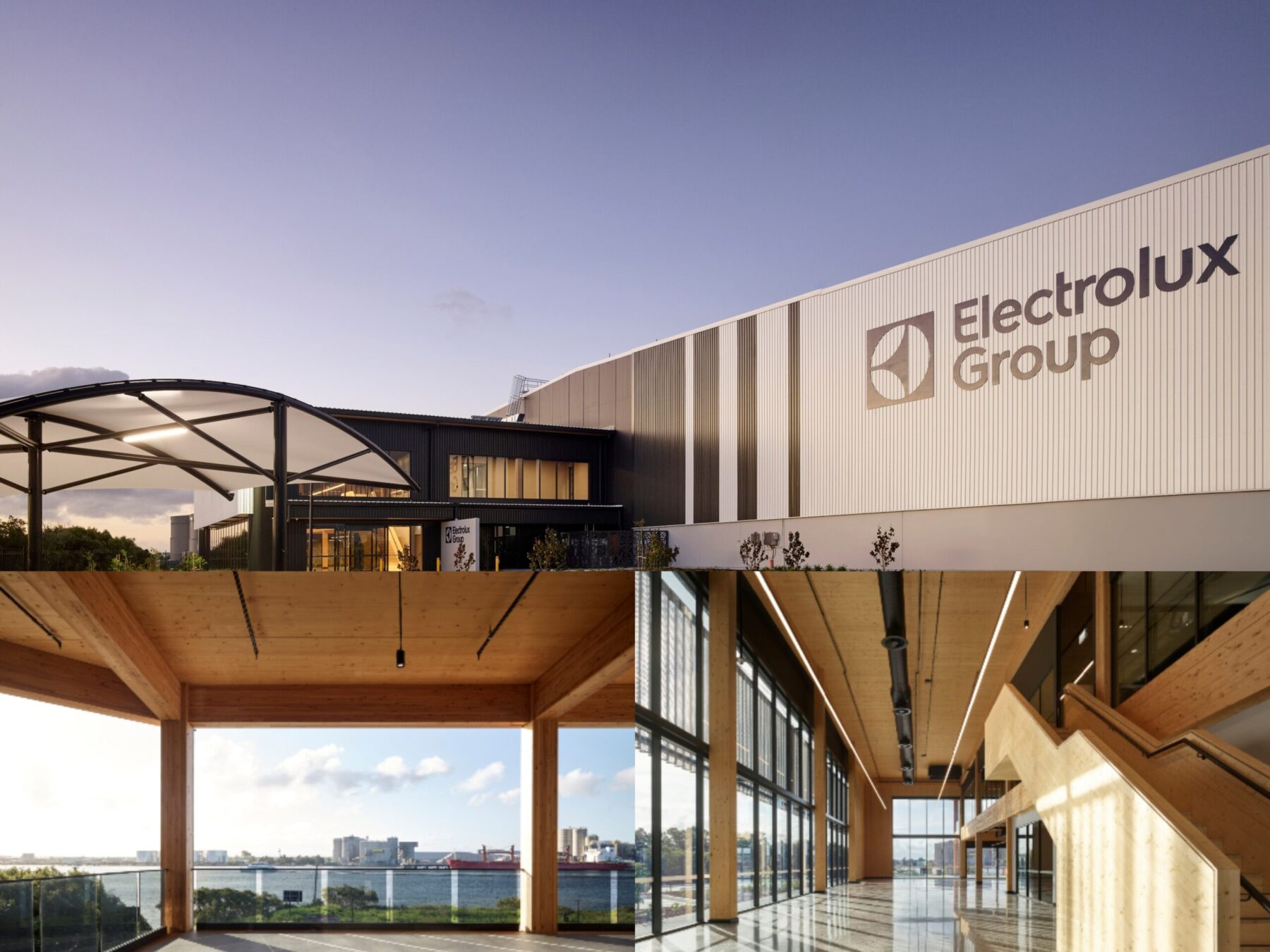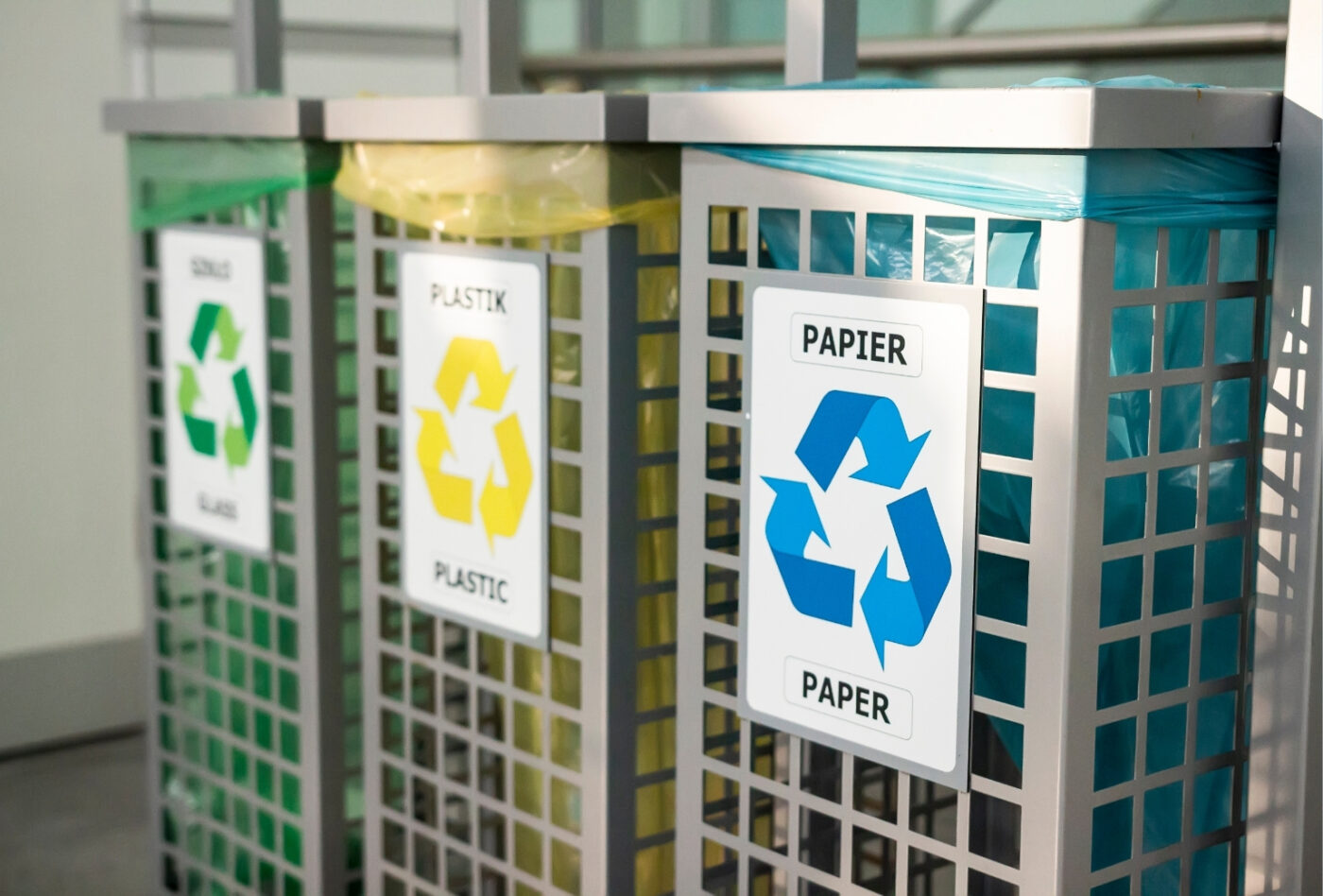Cbus Property’s 171 Collins St achieves record NABERS Waste rating
9 September 2020
Cbus Property and Charter Hall Group have been awarded a 6 star NABERS Waste rating for their premium-grade commercial asset, 171 Collins Street in Melbourne, for the second consecutive year.
171 Collins Street is the only building in Australia to have achieved this rating, making it the nation’s most waste-efficient building with an impressive 74 per cent recycling rate over consecutive 12-month periods.
The 6 star rating reflects the co-owners’ combined focus on sustainability and strategic asset management at 171 Collins Street. The asset management team partnered with tenant customers, including BHP, Evans & Partners and VicSuper, to implement a variety of innovative recycling and waste management measures.
The building’s waste and contamination data was also monitored daily by environmental consultant Ausnviro to identify any trends and areas for improvement. This real-time monitoring provided critical reference points and a holistic overview as to how the building was tracking.
Charter Hall’s Regional Portfolio Manager, Nicole Ward, said the significant NABERS result is due to the dedication and hard work of the team at 171 Collins Street, including Knight Frank, Ausnviro and the building’s tenant customers.
“We’re proud to have achieved the highest NABERS Waste rating in Australia for the second consecutive year. This shows how a collaborative, innovative and data-led waste management strategy can deliver an industry-leading sustainable workplace, evidenced by what the team has achieved at 171 Collins Street,” she said.
“While water and energy may usually be the focus when it comes to sustainable commercial buildings, waste is an important part of a building’s eco system and can be a significant contributor to sustainability performance. With our partner Cbus Property, we’ve taken a long-term approach to waste management at 171 Collins Street and the commitment and support of our valued tenant customers has been extraordinary so far.”
Cbus Property’s Chief Executive Officer, Adrian Pozzo, congratulated the on-site management team for its ongoing efforts in bringing waste-reduction and recycling to the fore of 171 Collins Street’s building operations.
“The program implemented at 171 Collins shows how an effective recycling program can be delivered, and the importance of engaging positively with our tenants and having access to quality, timely data to monitor progress,” he said.
“We will continue to learn from this success and apply the knowledge to our other investments, as part of our broader vision to reach 75 per cent recycling rates across our commercial office portfolio by 2022.
“171 Collins sets an impressive new benchmark with its 6 star NABERS Waste, 6 star Indoor Environment Quality and 5.5 star NABERS Energy ratings. It is now being powered by 100 per cent renewable energy through our involvement in the second Melbourne Renewable Energy Project, facilitated by the City of Melbourne, making it one of the most sustainable commercial buildings in Australia, if not a world leader in sustainable design practice.”
Waste initiatives implemented at 171 Collins Street include daily onsite measuring of all building waste, separation of bins by tenancy and floor in order to track waste on a micro level, and bi-annual waste audits. There are also specialist recycling activities involving paper hand towels, e-waste, coffee cups, batteries and printer cartridges.
Monthly waste monitoring is reported to all tenant customers to allow them to see how they measure up in terms of waste. This is helped by ongoing waste management education with tenants, utilising the building’s waste and contamination data to provide actionable recommendations and solutions.
NABERS Waste Ratings measure the percentage of building waste recycled, which can include additional recycling initiatives, such as those for e-waste, coffee pods and printer cartridges. Implementing sophisticated recycling methods and achieving a high rating is dependent on key factors, including collaboration and community, environment, education, tenant engagement, and collecting and analysing building data.



